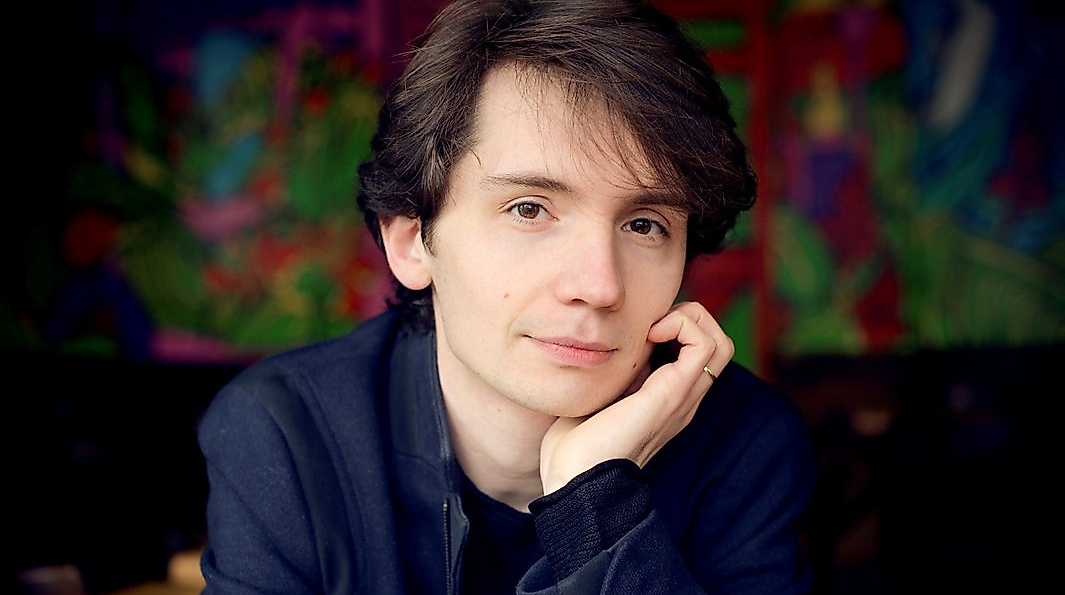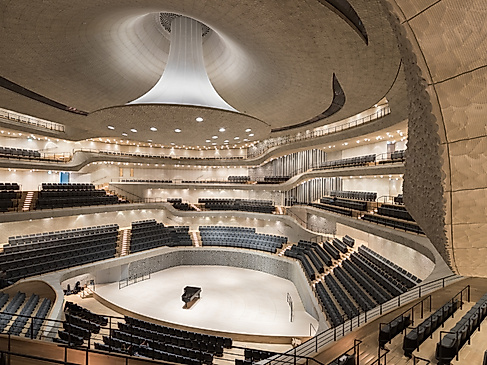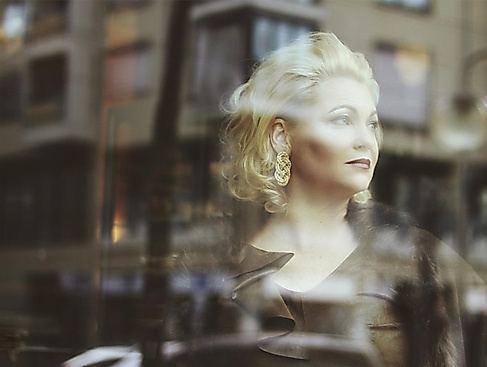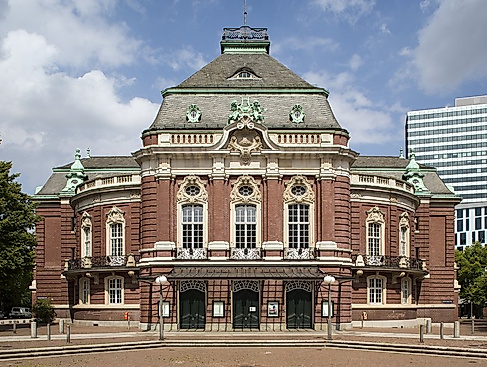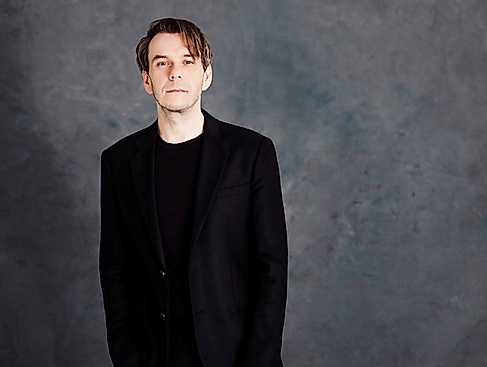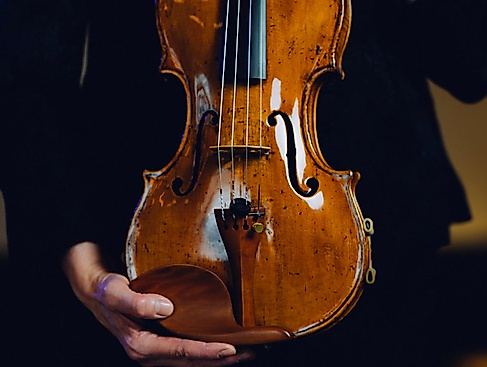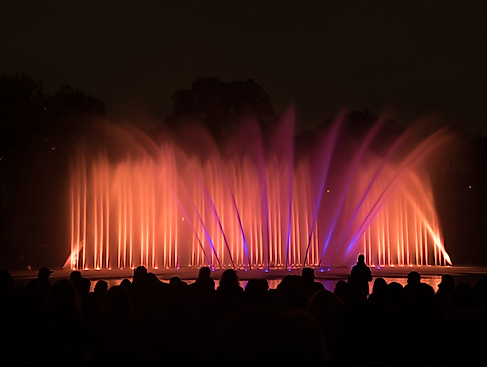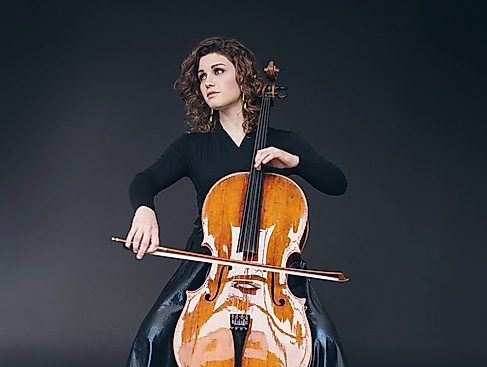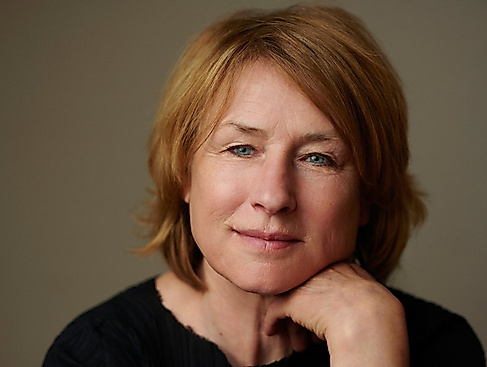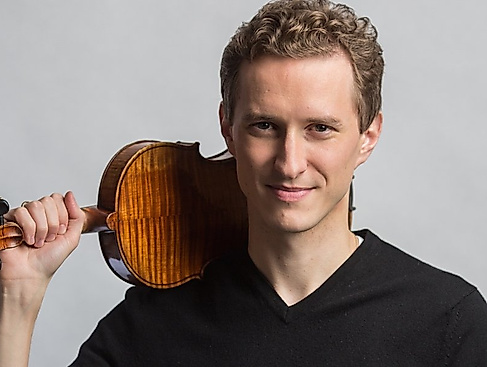France and Germany – today, these two countries are best friends. The long-standing rivalry between them has, however, not only led to many a disagreement in politics. Even in the field of organ music, they took different paths for a long time: in France, people celebrated sound and tone colour; in Germany, virtuosity and counterpoint.
Karol Mossakowski showcases the best of both worlds: a sedate organ symphony in the style of Widor, sound magic in the style of Fauré and visionary music in the style of Alain – all of them first-rate musical gems. Fauré clad the myth of Pelléas and Mélisande in subtle, highly sensitive sounds, Alain paved the way for the 21st century with his organ music widening the musical horizon. Not for nothing are the moving Litanies on the foundation of human existence some of the most widely played organ works of all for instance.
Mendelssohn and Liszt are bywords for the German Romantic school. The variations sérieuses as well as the Mephisto Waltzes had originally been written for piano, but the art of arrangement has a long tradition especially in organ circles. What is not playable will be made playable – that is the motto here. After all, compared with pianists, organists also have two feet and an enormous pool of tonal colours at their disposal. Karol Mossakowski will also make use of this when he pursues another tradition cultivated by organists: improvisation. Here too, he is a true master of his trade.
PERFORMERS
Karol Mossakowski organ
PROGRAM
Charles-Marie Widor
Allegro / from Symphony No. 6 in G minor, Op. 42/2
Gabriel Fauré
Suite from »Pelléas et Mélisande«, Op. 80
Jehan Alain
Fantasy No. 2
Jehan Alain
Litanies
- Interval -
Felix Mendelssohn Bartholdy
Variations sérieuses, Op. 54
Franz Liszt
First Mephisto Waltz, S 514 »Der Tanz in der Dorfschenke« (The Dance in the Village Inn)
and improvisations by Karol Mossakowski
